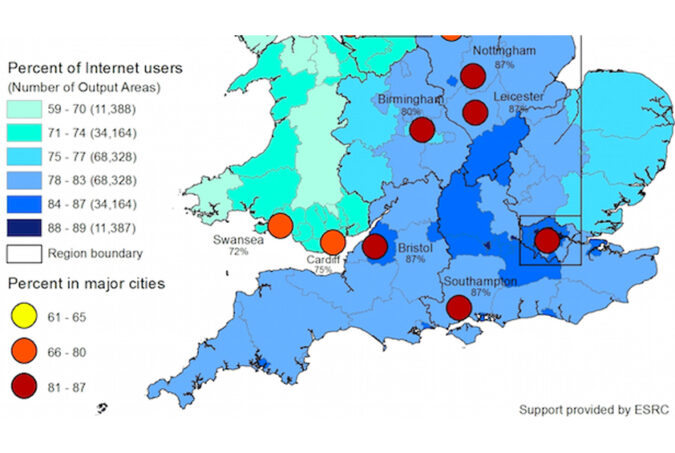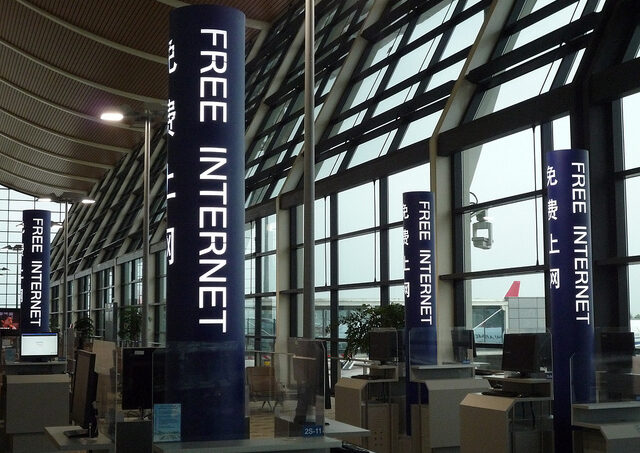
The new (old) inbox. Camp Grounded tries to build up attendees’ confidence to be silly and playful, with their identities less tied to their work persona—in a backlash against Silicon Valley’s intense work ethic. Photo by Pumpernickle.
As our social interactions become increasingly entangled with the online world, there are some who insist on the benefits of disconnecting entirely from digital technology. These advocates of “digital detoxing” view digital communication as eroding our ability to concentrate, to empathise, and to have meaningful conversations. A 2016 survey by OnePoll found that 40% of respondents felt they had “not truly experienced valuable moments such as a child’s first steps or graduation” because “technology got in the way”, and OfCom’s 2016 survey showed that 15 million British Internet users (representing a third of those online), have already tried a digital detox. In recent years, America has sought to pathologise a perceived over-use of digital technology as “Internet addiction”. While the term is not recognised by the DSM, the idea is commonly used in media rhetoric and forms an important backdrop to digital detoxing. The article Disconnect to reconnect: The food/technology metaphor in digital detoxing (First Monday) by Theodora Sutton presents a short ethnography of the digital detoxing community in the San Francisco Bay Area. Her informants attend an annual four-day digital detox and summer camp for adults in the Californian forest called Camp Grounded. She attended two Camp Grounded sessions in 2014, and followed up with semi-structured interviews with eight detoxers. We caught up with Theodora to examine the implications of the study and to learn more about her PhD research, which focuses on the same field site. Ed.: In your forthcoming article you say that Camp Grounded attendees used food metaphors (and words like “snacking” and “nutrition”) to understand their own use of technology and behaviour. How useful is this as an analogy? Theodora: The food/technology analogy is an incredibly neat way to talk about something we think of as immaterial in a more tangible way. We know that our digital world relies on physical connections, but we forget that all the time. Another thing it does in lending a dietary…


